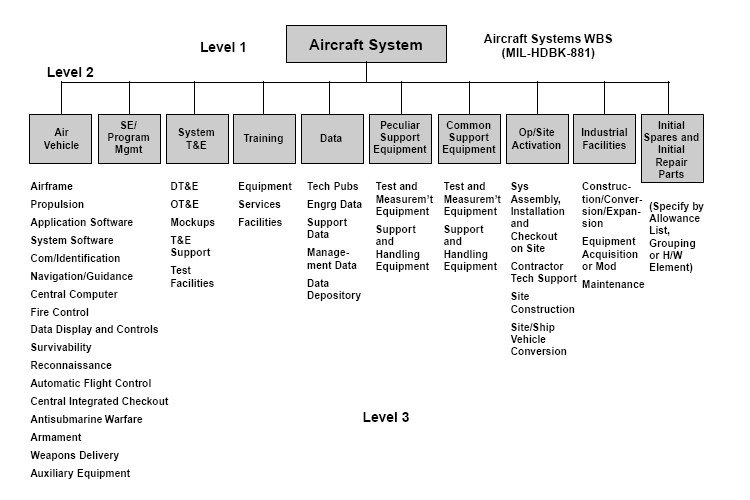Explain Web Page Installation
Download Link: VPNium torrent download,Crack serial keygen cd key,free. Tags:, VPNium Premium Serial Numbers, VPNium Crack, VPNium Patch, VPNium Keygen, VPNium Cracked, VPNium Full Version Free Download, VPNium 2015 Premium Crack, VPNium Premium License Keys,, VPNIUM 1.8 Premium Cracked,, VPNium Premium 1.9.1 Full Version Cracked, VPNium. VPNium Premium 1.9.1 Crack is one of the best software that is used to connect proxy servers located in different countries. With the use of this software you can access so any server that is locate far from your location. VPNium Serial Key is a best way to protect your self with hide your real IP. Vpnium keygen software 2017. Tags: VPNium Premium Crack, Crack For VPNium, VPNium Premium Serial Numbers, VPNium Crack, VPNium Patch, VPNium Keygen, VPNium Cracked, VPNium Full Version Free Download. Could u put any vpn software with Socks 5 suppport. Other than cyberghost its socks 5 doesnt work in the new version too. VPNium - anonymous VPN - client. Many at work is forbidden to use social networks, and so want. Out there - putting yourself VPNium at work you can check.
Web Page Translator allows you to translate web pages from one language to another while you navigate. It is a Google translation service wrapper which asks it to translate the web page you indicate. The language in which the web pages are originally written is automatically detected, but you can select another one if you want.
Wondering what a web application is? You've probably used one before without realizing it.

What Exactly Is a Web Application?
A web application (or 'web app' for short) is any computer program that performs a specific function by using a web browser as its client. The application can be as simple as a message board or a contact form on a website or as complex as a word processor or a multi-player mobile gaming app that you download to your phone.
Okay, But What's a Client?
The 'client' is used in client-server environment to refer to the program the person uses to run the application. A client-server environment is one in which multiple computers share information such as entering information into a database. The 'client' is the application used to enter the information, and the 'server' is the application used to store the information.
What Are the Benefits of Using Web Applications?
A web application relieves the developer of the responsibility of building a client for a specific type of computer or a specific operating system, so anyone can use the application along as they have internet access. Since the client runs in a web browser, the user could be using an IBM-compatible or a Mac. They can be running Windows XP or Windows Vista. They can even be using Internet Explorer or Firefox, though some applications require a specific Web browser.
Web applications commonly use a combination of server-side script (ASP, PHP, etc) and client-side script (HTML, Javascript, etc.) to develop the application. The client-side script deals with the presentation of the information while the server-side script deals with all the hard stuff like storing and retrieving the information.
What Is A Web Page
How Long Have Web Applications Been Around?

Web applications have been around since before the World Wide Web gained mainstream popularity. For example, Larry Wall developed Perl, a popular server-side scripting language, in 1987. That was seven years before the internet really started gaining popularity outside of academic and technology circles.
The first mainstream web applications were relatively simple, but the late 90s saw a push toward more complex web applications. Nowadays, millions of Americans use web application to file their income taxes online, perform online banking tasks, stay in touch with friends and loved ones and so much more.
How Have Web Applications Evolved?
Most web applications are based on the client-server architecture where the client enters information while the server stores and retrieves information. Internet mail is an example of this, with companies like Google's Gmail and Microsoft's Outlook offering web-based email clients.
Over the past several years, there's been a big push for web applications to be developed for functions that do not normally need a server to store the information. Your word processor, for example, stores documents on your computer, and doesn't need a server.
Web applications can provide the same functionality and gain the benefit of working across multiple platforms. For example, a web application can act as a word processor, storing information in the cloud and allowing you to 'download' the document onto your personal hard drive.
If you've been using the web long enough to witness how popular web applications like Gmail or Yahoo mail clients have changed over the years, you have seen how sophisticated web applications have become. Much of that sophistication is because of AJAX, which is a programming model for creating more responsive web applications.
G Suite (formerly Google Apps), Microsoft Office 365 are other examples of the newest generation of web applications. Mobile applications that connect to the internet (such as your Facebook app, your Dropbox app or your online banking app) are also examples of how web applications have been designed for the ever increasingly popular use of the mobile web.
Updated by: Elise Moreau